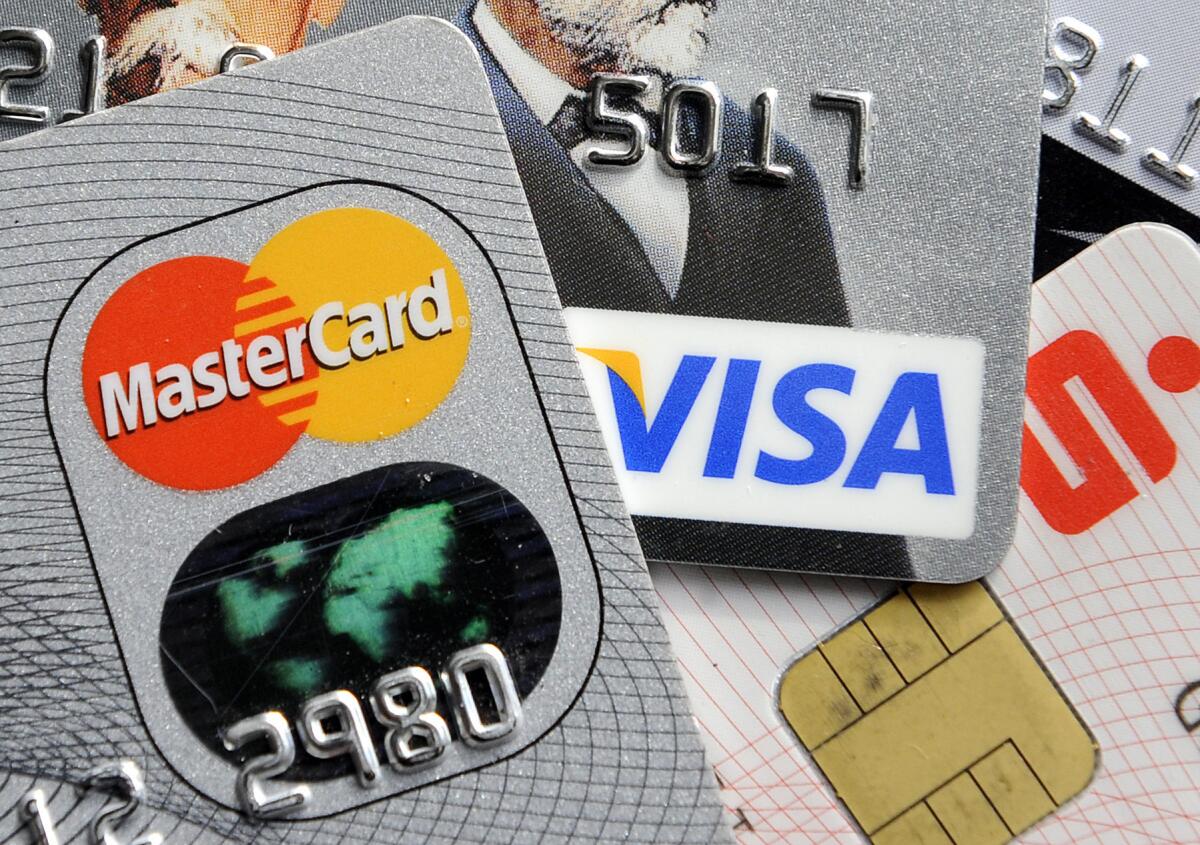What travelers need to know to guard against identity theft

International travelers may want to take steps to protect themselves from ID fraud before heading overseas.
Discovering you’re a victim of identity theft can quickly turn a vacation idyll into a bad trip. In the United States, more than 16 million people become victims of identity theft each year, and international travelers are nearly three times more likely to experience ID fraud.
You may be at special risk when you travel because you’re not checking financial accounts, mail, email or bills as regularly as you would at home so you may not catch discrepancies as quickly.
------------
For the Record
May 27, 5:35 p.m.: This article said the cost of Experian’s ProtectMyID program is $19.95 a month. It’s $15.95 a month or $159.95 a year.
------------
And because you’re probably not carrying statement histories or account numbers and phone numbers, you may not have immediate access to the info you need to resolve fraud.
Not to heap on the bad news, but the longer you wait, the greater the damage.
Which raises this question: Should you buy an identity theft protection service such as Trusted ID from Equifax (www.trustedid.com), ProtectMyID (www.protectmyid.com) from Experian or LifeLock (www.lifelock.com) or others we’ve heard from in the wake of large data breaches?
That depends. Before buying another plan, check your homeowner’s or renter’s insurance to see what coverage your policy may offer, said Janet Ruiz, the California representative for the Insurance Information Institute, a consumer education organization.
You may be able to add coverage that restores your identity and credit, Ruiz said.
As you evaluate what, if any, plan is right for you, here are some questions you should ask:
What does a policy cost? For individual plans, Trusted ID costs about $110 a year; ProtectMyID from Experian costs $19.95 a month; LifeLock offers plans for $99 to $297 a year. Some companies allow you to pay one sum for an annual plan or in monthly installments.
What is covered? Not every policy automatically includes monitoring of suspicious use of all identifications, which can vary from your Medicare identification number to your bank, credit and securities accounts.
Are there restrictions on any of the reimbursements? For instance, LifeLock offers travel assistance and repays reasonable additional expenses no matter where the theft happens, but it does not cover income lost in the restoration of your identity if you’re self-employed.
Does the company investigate where your personal information is going? Services can check reports daily, monitor the black market, court records or even wireless accounts to protect and restore the integrity of your personal data.
“If you have the ability to buy ID theft protection, be sure it offers active monitoring and some insurance with it,” said Becky Frost, consumer education manager for Experian’s ProtectMyID. Insurance can cover unauthorized electronic fund transfers, lost wages, private investigator costs and some legal fees, for example. (Federal law already limits losses from lost or stolen credit, ATM or debit cards.)
Does it offer insurance protection? Insurance protection can cover costs incurred to restore your identity, such as travel expenses, child or elder care or fees to obtain new ID cards, notarize documents or order medical reports.
Is the site self-help, or will an agent help you? Ideally you want a combination of the two.
You can also play a role in keeping your information safe. Vacationers may be tipping off criminals, said Paige Hanson, educational programs manager for LifeLock.
“More than half of international travelers are using geo-location services to share their location, a behavior correlated with the risk of identity fraud,” she said. “Broadcasting your whereabouts lets people know that you may not be paying attention to financial accounts or an empty home.”
Before you travel, sign up for free fraud alerts from your credit card companies and banks, and afterward, request your annual free credit reports from Experian, TransUnion or Equifax at https://www.annualcreditreport.com.
The Federal Trade Commission website (www.identitytheft.gov) and many credit card companies offer ideas on handling identity fraud. Print it out and tuck in your suitcase or carry on a flash drive. (Don’t include your credit card info, of course, unless the information is in code or encrypted.) Consider it a talisman.
More to Read
Sign up for The Wild
We’ll help you find the best places to hike, bike and run, as well as the perfect silent spots for meditation and yoga.
You may occasionally receive promotional content from the Los Angeles Times.






